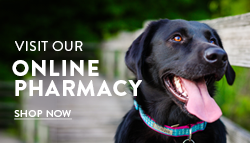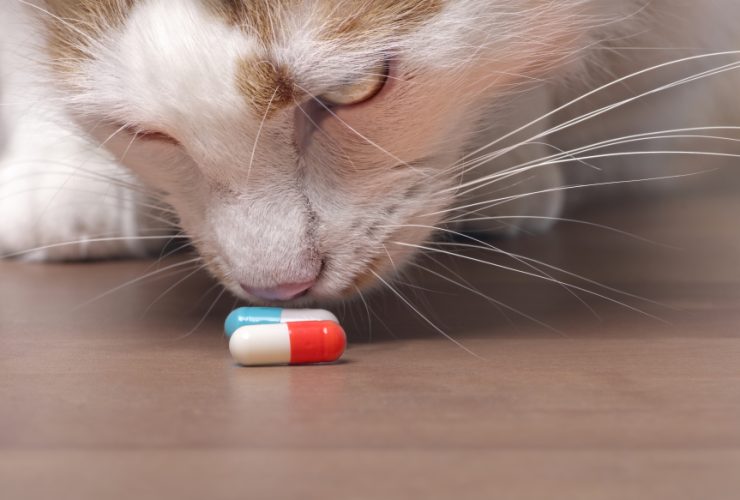
As pet parents, one of our top priorities is keeping our beloved companions safe and healthy. However, sometimes dangers can lurk in unexpected places, posing a threat to our furry friends’ well-being. Poison ingestion is a serious concern for pets, and being aware of common household toxins and how to prevent exposure is crucial for their safety. In this guide, we’ll explore tips for safeguarding your pets from potential poisons and ensuring a happy, healthy life for your four-legged family members.
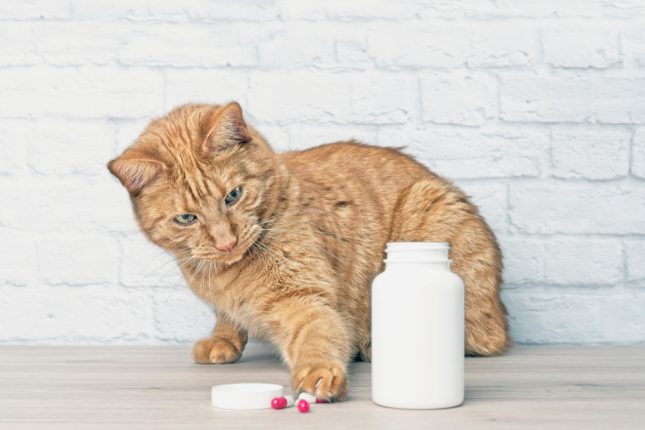
Identifying Common Household Poisons
Before diving into prevention strategies, it’s essential to understand what substances pose a risk to your pets. Some common household items that can be toxic to animals include:
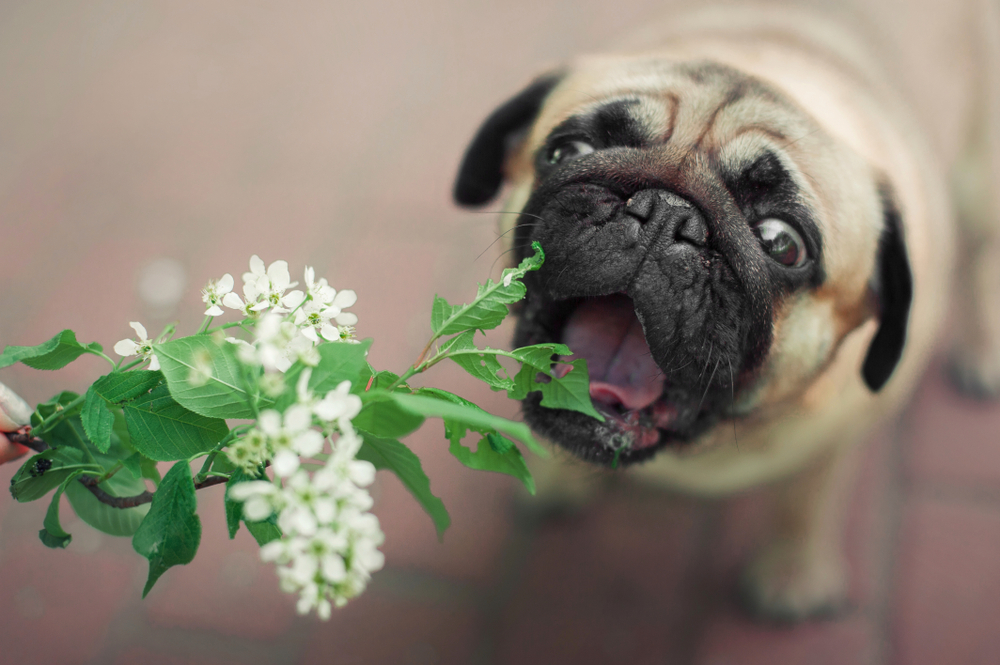
Human Medications: Prescription and over-the-counter medications, such as painkillers, antidepressants, and vitamins, can be harmful to pets if ingested in large quantities.
Household Cleaners: Cleaning products like bleach, detergents, and disinfectants contain chemicals that can be toxic to pets if licked or ingested.
Plants: Certain houseplants and outdoor plants, such as lilies, sago palms, and azaleas, can be poisonous to pets if consumed.
Foods: Many human foods, including chocolate, grapes, onions, garlic, and xylitol (a sugar substitute), are toxic to pets and should be kept out of reach.
Pesticides and Rodenticides: Chemicals used to kill pests can also harm pets if ingested directly or through contaminated prey.
Tips for Pet Poison Prevention
Now that we’ve identified some common household poisons, let’s explore proactive steps you can take to minimize the risk of poisoning:
1. Store Medications Securely: Keep all medications, both human and pet, in a secure cabinet or drawer that is inaccessible to curious pets.
2. Use Pet-Safe Cleaning Products: Opt for pet-friendly cleaning solutions or natural alternatives to harsh chemicals to reduce the risk of accidental poisoning.
3. Research Plants: Before bringing a new plant into your home or garden, research its toxicity to pets. If you’re unsure, err on the side of caution and choose pet-safe varieties.
4. Be Mindful of Food Scraps: Dispose of food scraps and leftovers promptly, and ensure that garbage bins are securely closed to prevent pets from scavenging potentially harmful foods.
5. Keep Pesticides and Rodenticides Out of Reach: If using these products, place them in areas inaccessible to pets or use pet-safe alternatives.
6. Supervise Outdoor Time: When outdoors, keep a close eye on your pets to prevent them from ingesting toxic plants or substances.
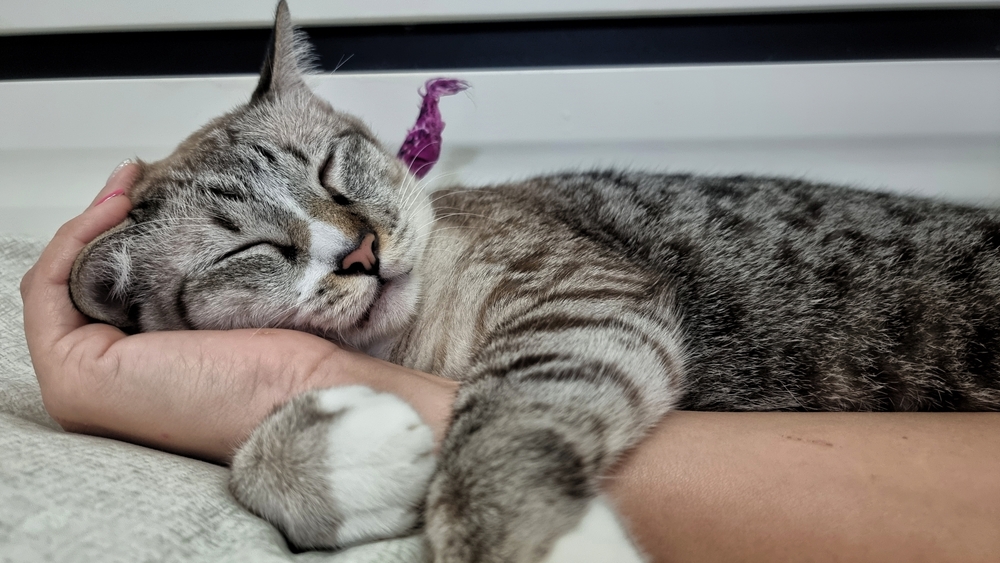
Prioritize Your Pet’s Safety: Schedule An Appointment At Eastwaye Veterinary Clinic Today
As responsible pet parents, it’s our duty to create a safe environment for our furry companions. By being proactive and implementing preventive measures, we can significantly reduce the risk of pet poisoning in our homes. Remember, even with precautions in place, accidents can still happen. If you suspect your pet has ingested a toxic substance, contact your veterinarian or an emergency animal clinic immediately.
At Eastwaye Veterinary Clinic, we understand the importance of pet poison prevention and are dedicated to helping you keep your pets safe and healthy. Our experienced team is here to provide guidance, support, and medical care for all your pet’s needs. Schedule an appointment today and let us partner with you in ensuring a long, happy life for your cherished pets.


